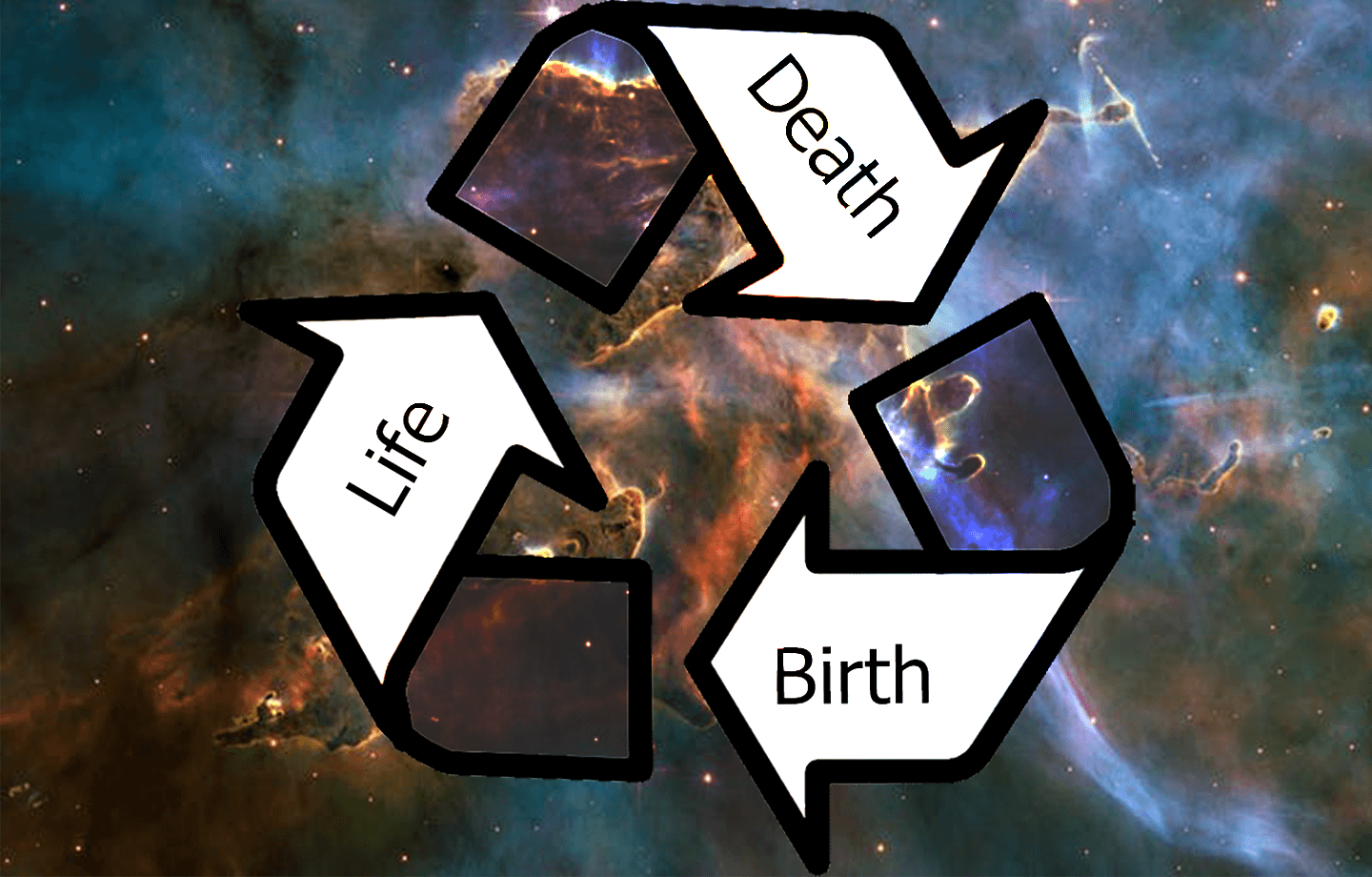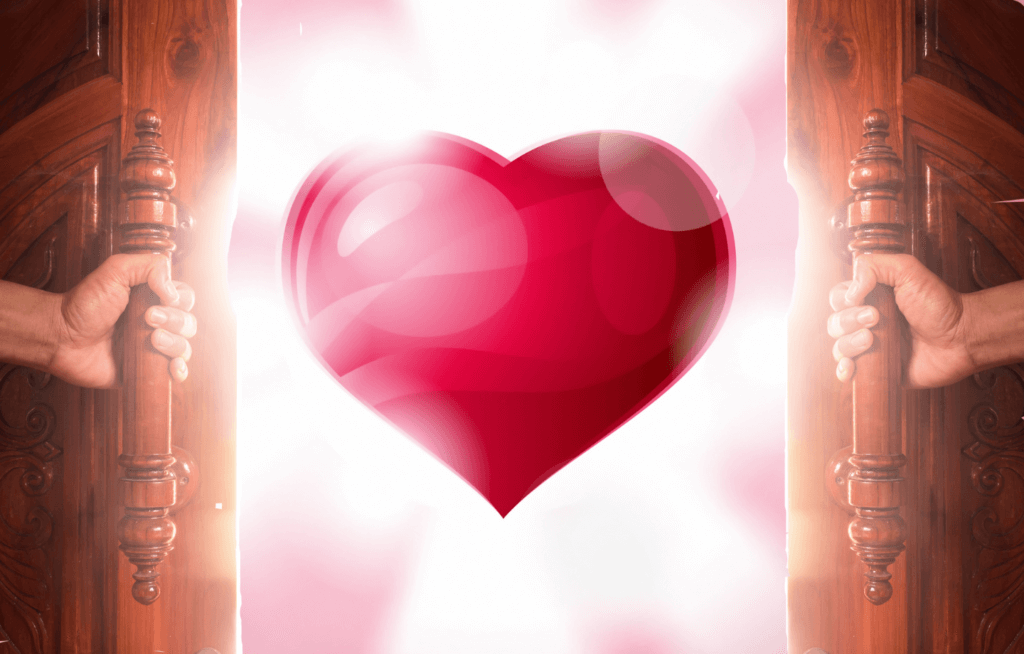
- This event has passed.
Reincarnation
Sunday, January 31 @ 10:30 am - 11:30 am


Did you know Plato, Benjamin Franklin, Tolstoy, Thoreau, Emerson, Whitman, George Patton, William Butler Yates, Jack London, and J.D. Salinger and countless other well known and highly respected people believed in reincarnation? Come to church this morning and find out why.
how to attend
• To virtually attend, please Zoom in using room number 989 3107 9078.
• To phone into the service, call 669-900-6833, Meeting ID: 989 3107 9078.
For those joining, please mute as soon as you enter the room, so everyone can hear. Please note, the services will be recorded, but at this time, there are no plans to share the recording.
More Information
Religious Education for children and youth begins at 9:30 a.m. in the same room! Learn more here.
If you don’t have a chalice, but want to light one, check out our Making a Chalice at Home page.
Service is followed by Coffee Hour.
Sermon Audio
Reincarnation
Sermon Text
I want to preach this morning on reincarnation. Reincarnation, essentially, is the idea that when we die, our spirit (or soul, if you will) continues, first in a sort of netherworld for a time, and then returns to earth to be re–born in the body of another. Whether you’re reborn into a kind, loving home or among the cruel and selfish, is a function of the karma you accumulate (or burn off) during your current life.
Sketchy as such notions may appear to those who first hear of it, reincarnation is a very widely held belief.
- Hinduism, Buddhism, Taoism – all affirm reincarnation
- Consider these words from Mahatma Gandhi, explaining the motivation for his life’s work: “I cannot think of permanent enmity between man and man, and believing as I do in the theory of rebirth, I live in the hope that if not in this birth, in some other birth I shall be able to hug all of humanity in friendly embrace.”
- Many westerners have also shared this view, including those listed in the 1st READING, plus (among many others) the writers James Joyce, William Butler Yates, Hermann Hesse, Jack London, J.D. Salinger, and Isaac Bashevis Singer, the biologist Thomas Huxley, and the psychologist Erik Erikson.
- Many UUs, too. I’ll focus on just two:
- Consider John Murray Spears – a 19th century Universalist minister
- Spears was a leading advocate against slavery and capital punishment, an operator on the underground railroad, and activist ally of William Lloyd Garrison, Lydia Maria Child, Dorothea Dix and others in support of of women’s rights, labor reform, and socialism.
- After the Civil War, he veered in another direction, becoming the nation’s most flamboyant spiritualist and free-love advocate…
- Channeled “John Murray” his Universalist forebear of a half-century earlier. (They’re pretty good sermons, actually…)
- John Murray Spears was a firm believer in reincarnation
Ralph Waldo Emerson
- Emerson was a Unitarian minister, but as his personal theology became more naturalistic and humanistic, he left the church for the lecture circuit, becoming an author and nationally recognized man-of-letters.
- Contemplative, personal, natural, & practical mysticism
- The lessons of mysticism: (1) to look for reality within, (2) to find meaning in mystery, (3) to discover the eternal in the temporal, (4) the realize the value of solitude, (5) to find joy in service, (6) to discern honor in humility, and (7) to give supremacy to love.
- Emerson’s essay “The Oversoul” – kind of a transpersonal linking principle or spirit, conjoining one’s inmost heart to “that transcending mystery and wonder, affirmed in all cultures, which moves us to a renewal of the spirit and an openness to the forces that create and uphold life.”
From “The Oversoul” by RWE:
“We live in succession, in division, in parts, in particles. Meanwhile within us is the soul of the whole; the wise silence; the universal beauty, to which every part and particle is equally related; the eternal ONE. And this deep power in which we exist, and whose beatitude is all accessible to us, is not only self-sufficing and perfect in every hour, but the act of seeing and the thing seen, the seer and thew spectacle, the subject and the object, are one. We see the world piece by piece, as the sun, the moon, the animal, the tree; but the whole, of which these are the shining parts, is the soul. Only by the vision of that Wisdom can the horoscope of the ages be read….”
- And once read, everything falls into place. And everything changes.
- Psalm 46: 10 “Be still and know that I am God…”
The essence: It all comes down to this: “Who are you?” (Lewis Carroll’s repeated query…)
- Western Scientific outlook: We are physical beings who sometimes have spiritual experiences – Could it be the other way around?
- Could we be spiritual beings having a material/physical experience?
- This is Emerson’s position. And Louisa May Alcott’s and Max Planck’s. As Planck said: “We cannot get behind consciousness.”
- Of course, such notions are impossible to prove “scientifically” (anything immaterial can’t be measured &, ergo, can’t be accepted as evidence.)
- But they can be studied empirically (phenomenology)
- Ian Stephenson – U.Va. professor
- Stephenson conducted more than 2,500 case studies of children claiming to remember past lives. Stevenson methodically documented each child’s statements and then identified the deceased person the child identified with, and verified the facts of the deceased person’s life that matched the child’s memory. He also matched birthmarks and birth defects to wounds and scars on the deceased, verified by medical records such as autopsy photographs.
- Carl Sagan referred to examples from Stevenson’s investigations in his book The Demon-Haunted World as an example of carefully collected empirical data. Although he rejected reincarnation as an explanation for the stories, he admitted they deserved further serious study.
- Sam Harris cited Stevenson’s works in his book The End of Faith as part of a body of data that seems to attest to the reality of psychic phenomena.
- My point: Stephenson’s research cannot be blithely dismissed.
- Jim B. Tucker, Antonia Mills, and others have carried these studies forward. Check them out.
- Numerous Eastern scholars & traditions. I’ll mention one:
- The Tibetan Book of the Dead – Bardo State
- “Go towards the light”
- …or be reborn and go through the whole life/Earth experience again. (Joe Boldt & family…)
So, what do I think about reincarnation? I am sure not going to dismiss it.
- I believe with Emerson and with Max Planck that consciousness is a priori.
I have especially enjoyed researcher Jim B. Tucker’s books, helping me understand quantum mechanics and how, at its deepest levels, the universe is far more magical and wondrous that Newton ever imagined. And apparently, altogether influenced—in fact determined—by our observations of it. Further study, as Carl Sagan suggests, is warranted. I also like and strongly approve of the moral message implicit in reincarnation: learning how to grow beyond narcissism, how to focus one’s life energy on bringing love and knowledge into the world and helping others to do the same is what it’s all about.
What I don’t recognize and have a hard time getting behind is the whole “Architecture of the netherworld” as described by many of the authors writing on this subject.
- Western notions à streets paved with gold; choirs of angels; seven ascending heavens. Or Hieronymus Bosch visions of hell…
- Eastern notions à the deities and Bodhisattvas, and the various graphs and blueprints outlining how reality is ordered “on the other side of the veil.”
- How do these people know this stuff? Or what makes them think they know? I find it kind of amusing, but all conjecture…
I want to close with two anecdotes about the end of life from two well-know proponents of reincarnation, the Buddha and the Unitarian Transcendentalist Henry David Thoreau.
Buddha: “I have preached for 35 years and I have spoken to none of this. I have spoken about suffering on earth and its alleviation.”
Thoreau: “One world at a time.”
Story for All Ages
Becoming the best people we can be, now that takes work! And, what does it mean and how do we get there? You see, every religion has a fundamental belief system that it structures itself around, and it usually has a lot to do with that very question. In Unitarian Universalism, it’s our belief that all of us come from the same place, and that everyone lives are sacred. In Buddhism, it’s the belief that life is suffering. Now those may sound like two are almost opposite beliefs but they’re really both rooted in liberation, that our lives and the lessons we learn can help us to be the best people we can be. Buddhism goes on to say four noble truths which tell us that life is suffering through a complete understanding of suffering, the causes of suffering, that suffering can end, and then how to overcome that suffering through the eightfold path liberation. These truths were the first teachings of the Buddha.
Gautama Buddha is worshipped by Buddhists as the enlightened one, who reached nirvana and was able to escape from the cycles of life and death. In Buddhism, it is believed that most of us are born, live, and die, only to be reborn in some other form in some other time in the cycle of samsara. After many lifetimes as a bodhisattva, eventually Siddhartha Gautama Buddha was born to live his final life. These cycles of birth and rebirth, or reincarnation, are to help us continue and fulfil the previous life’s task. Most of us are unconsciously born again and again in the cause and affect cycle of karma, without choosing to be reborn. But the buddha, reaching nirvana, didn’t have to be reborn. And A bodhisattva is a spiritual leader who is chooses, voluntarily, to be reborn to helping those stuck in the cycles of rebirth and relieve some of the suffering of others.
Now, who has heard of the Dalai Lama? The Dalai lama is the highest spiritual leader of Tibet people, and is a nearly 700-year-old tradition. Buddhists believe that the Dalai Lama is a bodhisattva, a spiritual leader who chooses to be reborn, and that the Dalai Lama is an incarnations of Avalokitesvara, a figure who embodies all the compassion of the Buddha.
Lamas and other important Buddhist leaders were traditionally found after several years of searching. Sometimes, it can take as long as four years after one Lama dies for the next to be found. People like the Dalai lama choose to be reborn and often leave letters and other information to help guide the search for their reincarnated being.
In February 22, 1940, Lhamo Thundop, became the 14th Dalai Lama. He was born and was living in Tibet, where all of the Dalai Lama have come from. In 1959, during the Tibetan uprising, fearing for his life, he Dalai Lama fled Tibet to Dharamshala, India where he continues to live in exile. There are over 150,000 Tibetans living in exile, outside of their homelands. The Chinese government has occupied and governed Tibetan lands and people since at least 1792. In 1989, the Dalai Lama received the Noble peace prize. Although now retired from political life, the Dalai lama continues to provide important and profound spiritual leadership for the Tibetan diaspora and people around the world.
The 14th Dalai Lama has suggested that he may not be reborn, and if so, the Dalai Lama may be choose to reborn in an area outside of Chinese rule, and as a woman. Although the Dalai lama is not a blood lineage like with kings and queens, the 14th Dalai Lama still suggests that its origins are in the feudal system, and that this type of leadership may not be what the world needs right now. The 14th Dalai lama goes on to say that the world belongs to humanity, not to leaders. That every one should be able to contribute their right of conscience, and have a voice and a vote in matters that concern them, just like our 5th Unitarian Universalist principle.
The Dalai Lama says that Reincarnation is not an exclusively Hindu or Buddhist concept, but it is part of the history of human origin. It is proof of the mindstream’s capacity to retain knowledge of physical and The Dalai Lama says that Reincarnation is not exclusively hindu or Buddhist concept, but is part of the history of human origin. It is proof of the mindstream’s capacity to retain knowledge of physical and mental activities. It is related to the theory of interdependent origination and to the law of cause of law and effect. Just as our 7th principle reminds of us the interconnection of all life.
The Jataka tales, sacred Buddhist text, tell many stories of the previous lives of the Buddha to understand how this soul learned all of the lessons he needed to reach enlightenment.


